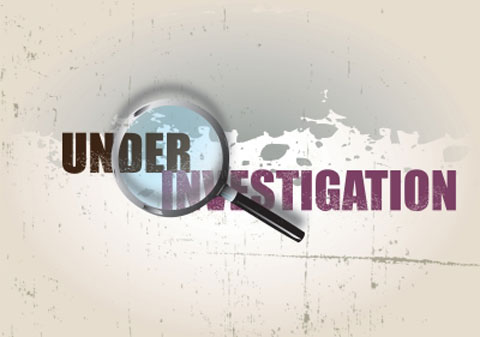The FBI is reportedly taking a close look at laparoscopic power morcellators and the potential for cancer to be spread through surgery with the devices.
May 29, 2015

Marie Thibault
Laparoscopic power morcellators continue to be in the spotlight—and that scrutinizing light may be getting harsher. The Wall Street Journal reported this week that the FBI is examining morcellators, which have been known to spread or upstage gynecological cancers in women.
The device is used to chop up uterine tissue, facilitating removal a patient's uterus through a minimally invasive laparoscopic hysterectomy. Patient advocates say that these small pieces of tissue can be spewed around, and if they contain undetected malignant tissue, can upstage and spread cancer. There has been debate over how commonly this happens, with some disputing FDA's finding that 1 in 350 women undergoing hysterectomies or myomectomies for fibroids has an undetected uterine sarcoma. Some surgeons continued to use morcellators after the issue came to light because they think the benefits of a minimally invasive procedure outweigh the risks. The controversy has been covered heavily by the media since late 2013.
In 2014, FDA published safety communications about power morcellation and maker Johnson & Johnson issued a voluntary recall of its power morcellators. Several health insurers, including Highmark and United Healthcare, have said they will not cover use of morcellators during hysterectomies. A number of health systems and hospitals have stopped performing hysterectomies with morcellation.
According to WSJ, in addition to asking questions about morcellators, the FBI is also reportedly trying to learn what knowledge Johnson & Johnson, a major maker of the devices before a voluntary recall last summer, had about the risks of the device. The WSJ article noted that the FBI's Newark, NJ office declined comment and the a Johnson & Johnson spokesperson said the company did not know about the agency's review.
WSJ's knowledge of the investigation seems to have come from interviews with doctors and patients close to the morcellator debate who say they have been asked by the FBI for details about the issue.
One person who has been contacted by the FBI, according to WSJ, is Dr. Amy Reed. Reed and her husband, Dr. Hooman Noorchashm, have actively advocated for banning power morcellators since Reed had a hysterectomy with the device in late 2013 and soon after, was diagnosed with advanced stage uterine sarcoma. The couple is now also advocating for reform of CDRH and recently penned a column for MD+DI on the topic.
Sarah Salem-Robinson is another patient that has been contacted by FBI, according to WSJ. Salem-Robinson filed a citizen petition with FDA earlier this year asking the agency to ban the devices.
Stay on top of the latest trends in medtech by attending the MD&M East Conference, June 9–11, 2015, in New York City. |
Marie Thibault is the associate editor at MD+DI. Reach her at [email protected] and on Twitter @medtechmarie.
[Image courtesy of SIMON HOWDEN/FREEDIGITALPHOTOS.NET]
About the Author(s)
You May Also Like


